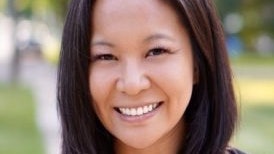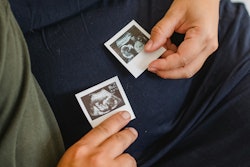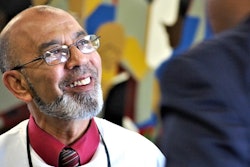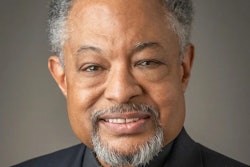The past several years have been difficult for the mental health of Americans of all backgrounds. But the burdens of the COVID-19 pandemic and consistent reports of police violence – dubbed a “racism pandemic” by the president of the American Psychological Association – have fallen more heavily on Americans who are Black, Indigenous, or other people of color (BIPOC). July is BIPOC Mental Health Awareness Month and medical organizations, advocacy groups, and the U.S. government are highlighting the unique mental health needs of BIPOC people and trying to find solutions.
 Dr. Sasha Zhou
Dr. Sasha Zhou
The reasons for this are complex. BIPOC Americans are more likely to be uninsured and to encounter communication barriers that make treatment hard to access. Their cultural backgrounds may stigmatize mental illness and seeking help, or simply conceive of the issues differently. And there is a long history of racism and discrimination in the mental health field. Biased psychological analyses of African Americans, for example, were used to justify slavery and to argue against abolition and even today, Black men are over-diagnosed with schizophrenia and under-diagnosed with post-traumatic stress disorder.
Although the history is long, BIPOC Mental Health Awareness Month is a relatively recent development. It was formally recognized by Congress in 2008, as Bebe Moore Campbell National Minority Mental Health Awareness Month. Although the government still refers to it that way, many organizations have switched to BIPOC Mental Health Awareness Month, believing that that name is more accurate, and less diminishing and exclusionary.
Under both names, organizations are acknowledging the month online, publishing resources and encouraging people to share information and personal stories on social media. It seems to be taking, at least with Generation Z.
“This is the generation of young people that are fully immersed in TikTok and Instagram,” said Dr. Sasha Zhou, an assistant professor in the Department of Public Health at Wayne State University and a co-investigator with the Healthy Minds Network. “These are platforms that highlight things like BIPOC mental health. [My students] discuss identities and mental health in a totally unique way. There’s more intentional learning and outreach.”
BIPOC celebrities speaking out about mental health may have played a role, according to Dr. S. Kent Butler, the immediate past president of the American Counseling Association.




















